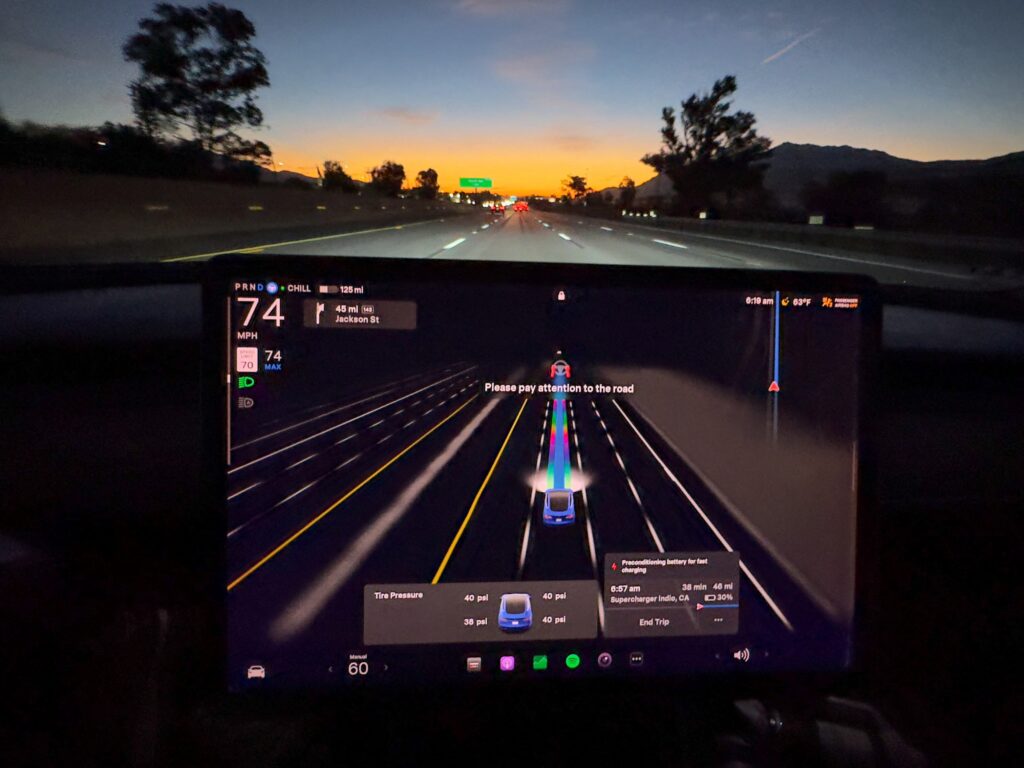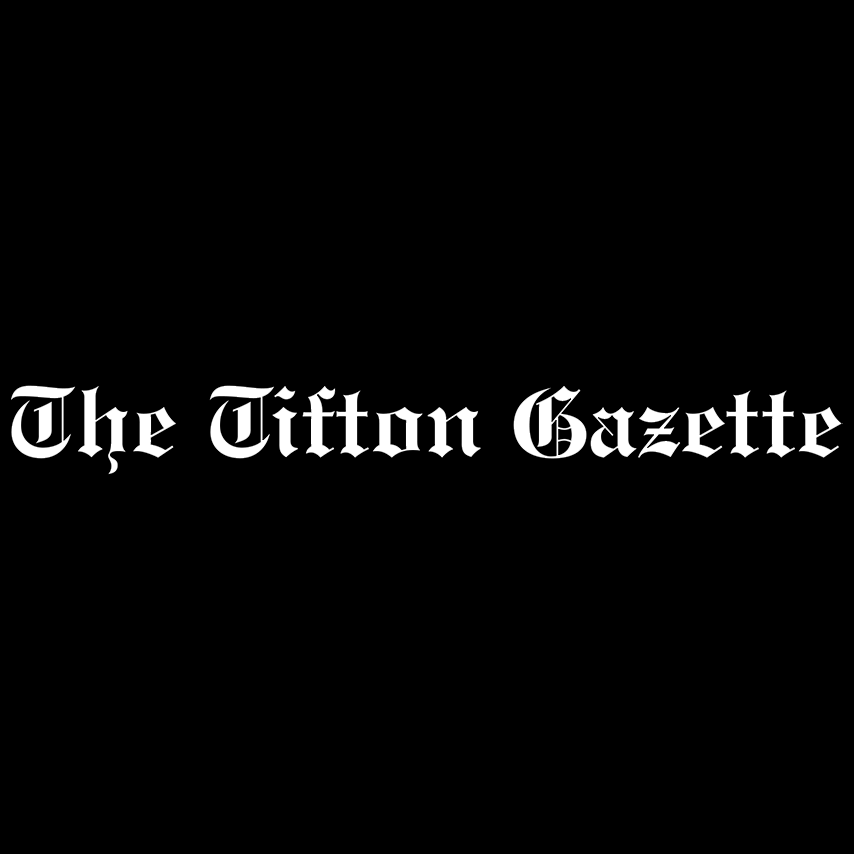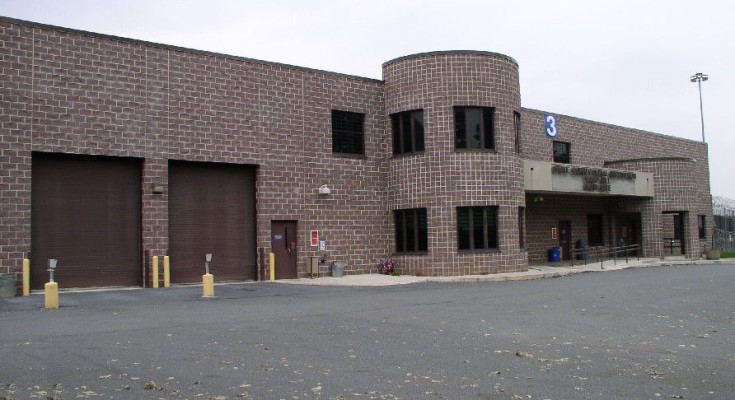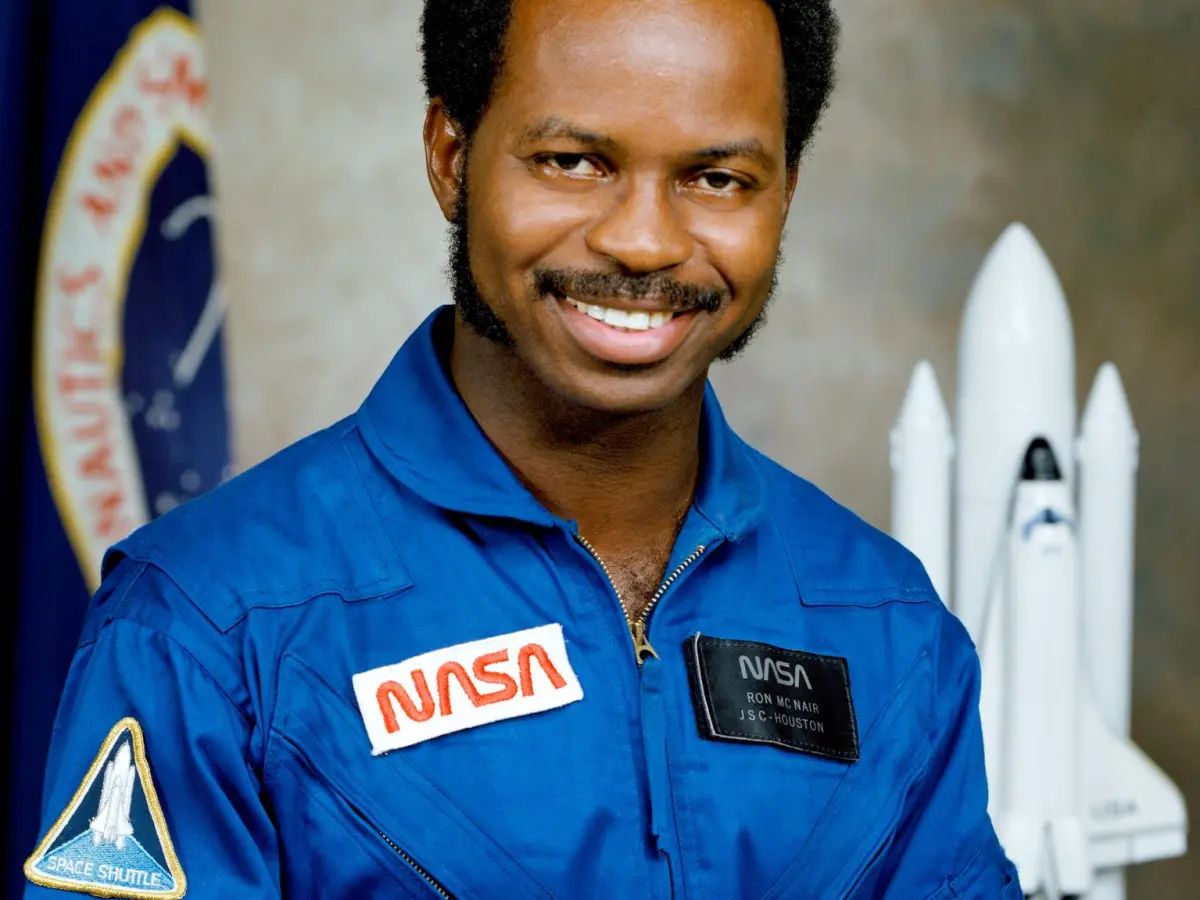
The future of Tesla’s operations in California is uncertain following a weeklong court hearing regarding its “Full Self-Driving” technology. The California Department of Motor Vehicles (DMV) has accused the company of misleading consumers about the capabilities of its driver assistance systems and is seeking to suspend Tesla’s ability to manufacture and sell vehicles in the state for at least 30 days.
The DMV’s lawsuit, initiated in 2022, alleges that Tesla’s marketing of its “Full Self-Driving” and “Autopilot” features constitutes false advertising. During the hearing, the DMV contended that Tesla’s promotional materials led consumers to believe that their vehicles could drive autonomously, which is not the case. The hearing concluded on March 1, 2025, but a ruling has yet to be issued.
Tesla’s sales in California have encountered challenges, particularly in the first half of 2025, coinciding with negative publicity surrounding CEO Elon Musk. Earlier this year, the company faced nationwide protests that criticized Musk’s political affiliations, further impacting its brand image. Representatives from Tesla have not commented on the ongoing legal situation.
Attorney Matthew Benedetto, part of Tesla’s legal team, defended the company’s marketing practices during the hearing. He asserted that Tesla has always communicated to consumers that they “cannot fully rely” on the Full Self-Driving or Autopilot systems. Benedetto reiterated this point in his cross-examination of DMV witnesses, clarifying that vehicles equipped with these technologies cannot autonomously drive themselves.
The DMV’s complaint highlighted specific instances from Tesla’s website where the company advertised its driver assistance systems as capable of conducting trips without requiring driver intervention. One such statement claimed, “From Home – All you will need to do is get in and tell your car where to go.” According to Ailene Short, branch chief for the licensing department at the California DMV, these claims were misleading as the vehicles were not capable of operating autonomously at the time of the advertisements.
During the proceedings, Melanie Rosario, commander-sergeant of the DMV Valley Area Command, testified that the terminology used in Tesla’s advertising created confusion. She noted that the term “Autopilot” implies a level of autonomy that contradicts the instructions advising drivers to remain vigilant and ready to take control.
Expert witness Bryant Walker Smith, a member of the Society of Automotive and Aerospace Engineers, emphasized the importance of clarity in advertising driver assistance technologies. He stated, “Every driver needs to know without ambiguity… am I driving?” This highlights the critical distinction between driver assistance and fully automated driving.
On the other side, Stephen Nowlis, a marketing professor at Washington University, presented a survey he conducted, claiming that consumers were not confused by Tesla’s terminology. However, the survey did not account for all individuals who might encounter Tesla’s marketing.
Legal expert Eric Goldman from Santa Clara University remarked on the high stakes of the DMV’s lawsuit, noting that even if Tesla prevails in this case, it may still face scrutiny over its advertising claims elsewhere. The company is currently grappling with multiple legal challenges surrounding its driver assistance technologies.
In addition to the DMV lawsuit, Tesla faces a wrongful death claim in Florida related to a fatal crash involving a driver using Autopilot. In this case, the driver reportedly looked away just before the vehicle collided with a parked SUV, resulting in the death of a 22-year-old woman. Tesla has argued that the driver was responsible for the incident. The company is also under investigation by the National Highway Traffic Safety Administration regarding incidents of “phantom braking,” where vehicles unexpectedly apply brakes without cause.
As Tesla awaits the court’s decision, the company’s reputation and ability to operate in California remain at a critical juncture. The outcome of this case could have significant implications for Tesla’s future and the broader automotive industry landscape.







